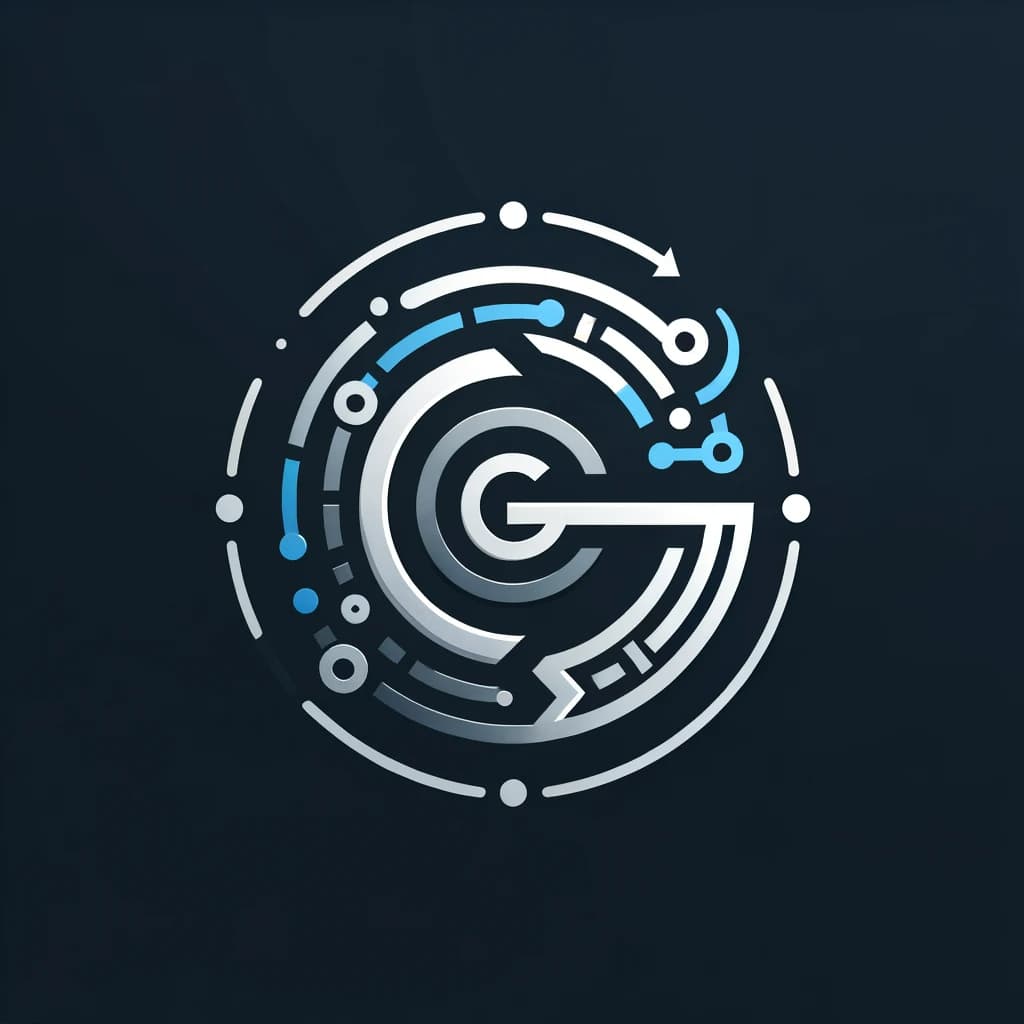Custom GPTs are personalized versions of the standard ChatGPT model, built on OpenAI’s extensive language database and further trained with additional data from the user, which can include a variety of content like text documents, code snippets, scripts, and emails.
OpenAI has been rolling out these custom versions of ChatGPT, known as GPTs, designed for specific purposes to enhance daily life, work, or home tasks, and these can be shared with others.
But on November 6th, 2023, in their DevDay, OpenAI released a completely new ability for its users (for now only available to Plus and Enterprise users)
These new custom GPTs represent a significant breakthrough in personalized digital assistance, offering highly specialized versions of ChatGPT to cater to individual and professional needs with precision.
GPTs List
We’ve gathered a full list of all the best GPTs being built right now.
GTPs by Category
You can also search by category, here:
- Academic Research (5)
- AI and Web Development (60)
- Art and Style (2)
- Audio & Music (13)
- Automation and Integration (19)
- Company Information (2)
- Crypto & NFTS (3)
- Data & Research (17)
- Dating and Relationships (3)
- Document Formatting (10)
- Fashion and Beauty (5)
- Fitness and Wellness (35)
- Food and Drinks (11)
- Fun (40)
- Gaming (17)
- Home and DYI (6)
- Image Generation (39)
- Investment and Trading (8)
- Job Search (10)
- Kids (4)
- Legal Consultation (11)
- Marketing and SEO (50)
- News Aggregators (9)
- Online Learning (49)
- Online Shopping & Deals (7)
- PDF Conversations (1)
- Pets and Animals (1)
- Real Estate (5)
- Religion and Spirituality (22)
- Sports and Recreation (3)
- Tech Support (1)
- Travel and Tourism (13)
- Uncategorized (1)
- Video (2)
- Weather & Climate (1)
- Web Content Access (3)
Here are the key points about custom GPTs:
- Customization: Users can now create custom versions of ChatGPT, named GPTs, tailored for specific purposes. This includes combining instructions, extra knowledge, and various skills to make ChatGPT more useful in daily life, specific tasks, at work, or home.
- Ease of Creation: Building a GPT does not require coding skills. The process involves starting a conversation, providing instructions and extra knowledge, and selecting its capabilities, like web searching, image creation, or data analysis.
- Community Contribution: OpenAI emphasizes that the most innovative GPTs are expected to come from the community, encouraging people from various backgrounds, such as educators or enthusiasts, to create and share their GPTs.
- GPT Store: A GPT Store is being launched, where users can publicly share their GPTs. This platform will feature creations by verified builders, with the potential for creators to earn money based on the usage of their GPTs.
- Privacy and Safety: OpenAI has built GPTs with privacy and safety considerations. User interactions with GPTs are not shared with builders, and users have control over data sharing with third-party APIs. OpenAI has also established systems to review GPTs against usage policies, aiming to prevent the sharing of harmful content.
- Future Prospects: OpenAI envisions GPTs becoming more intelligent and useful, eventually taking on real-world tasks. This approach is seen as a step towards developing AI systems as “agents”, with careful consideration of technical, safety, and societal implications
